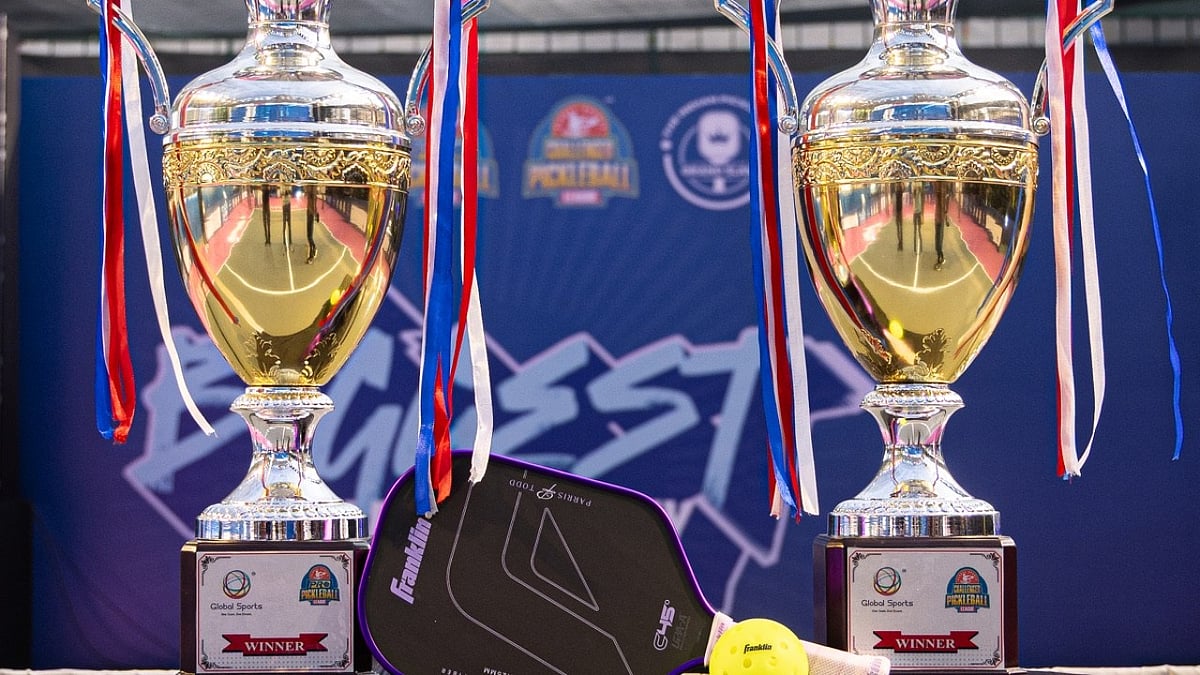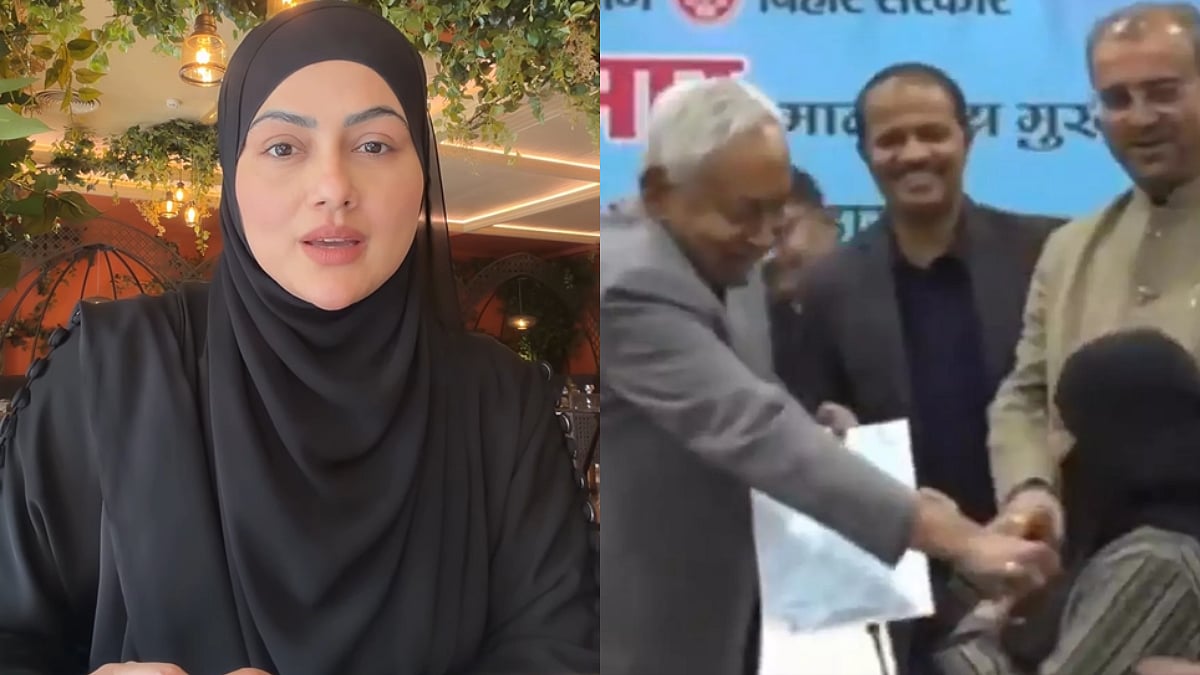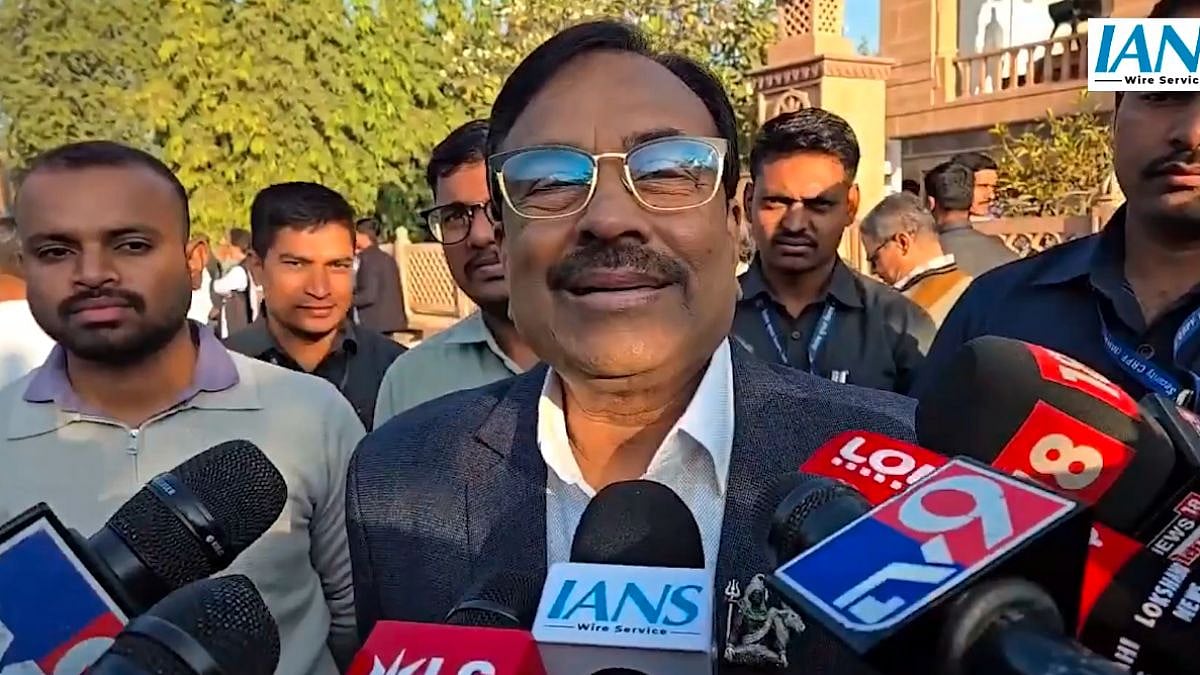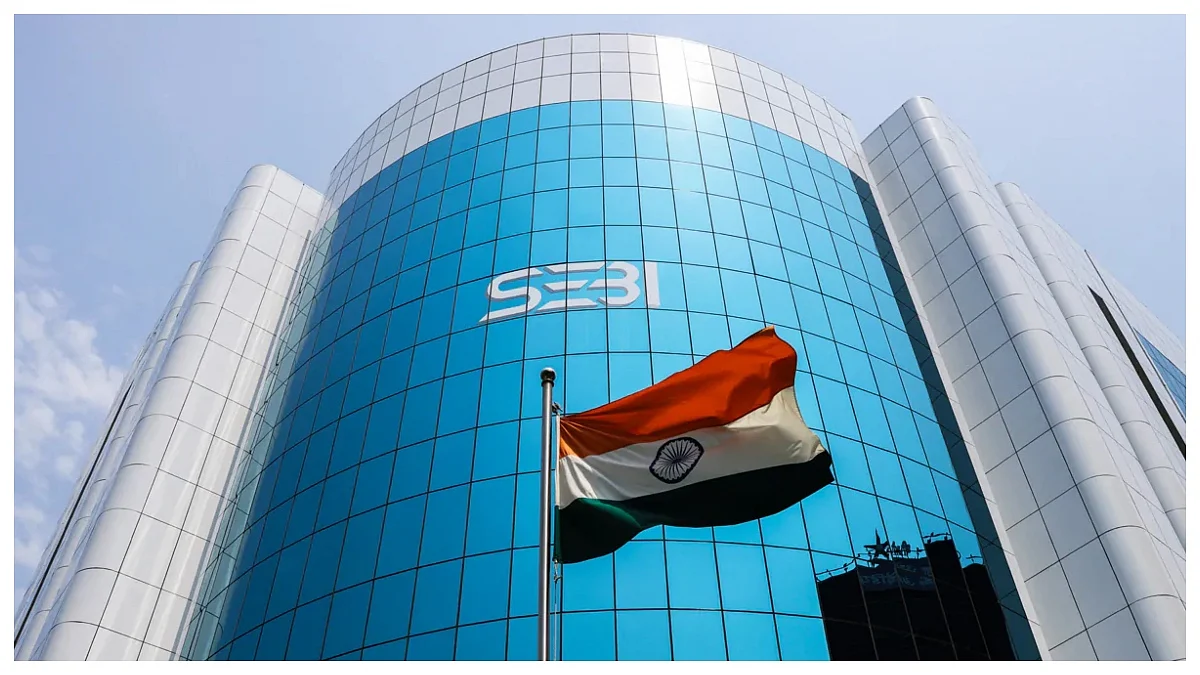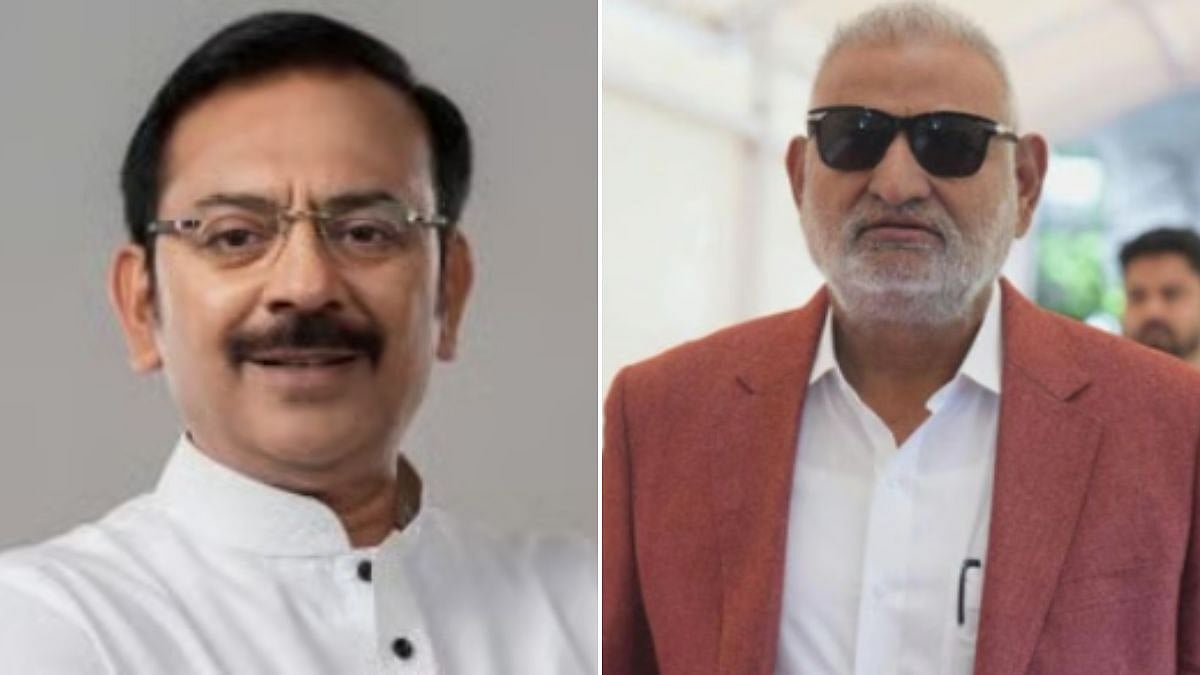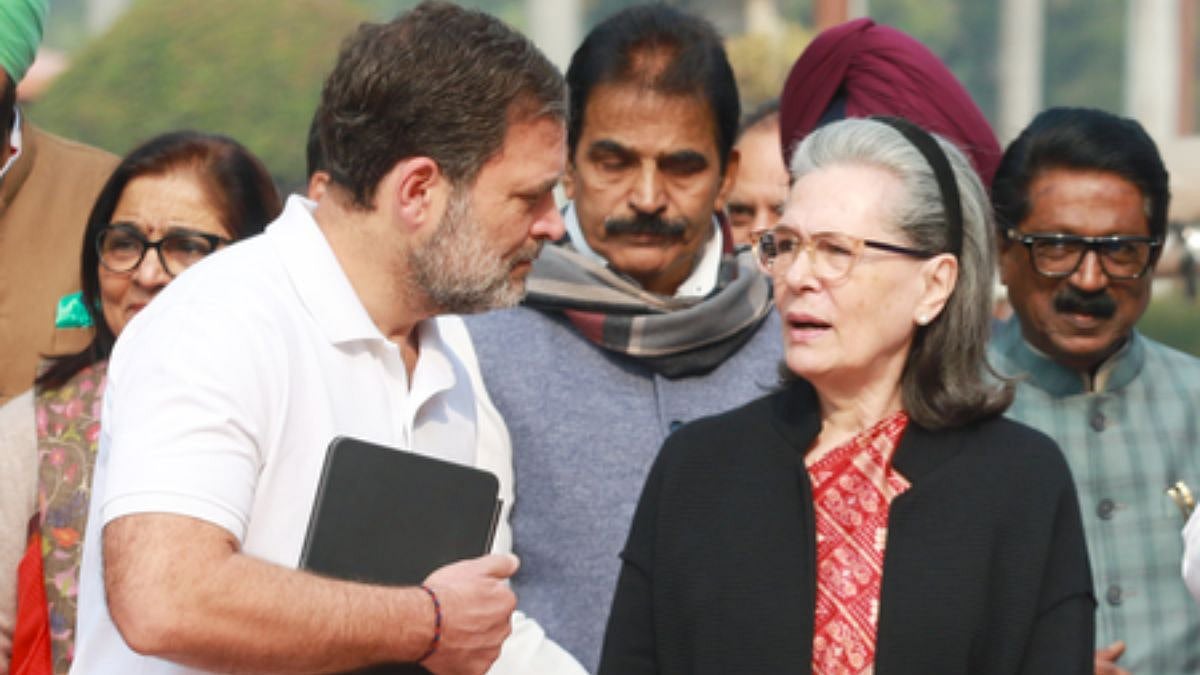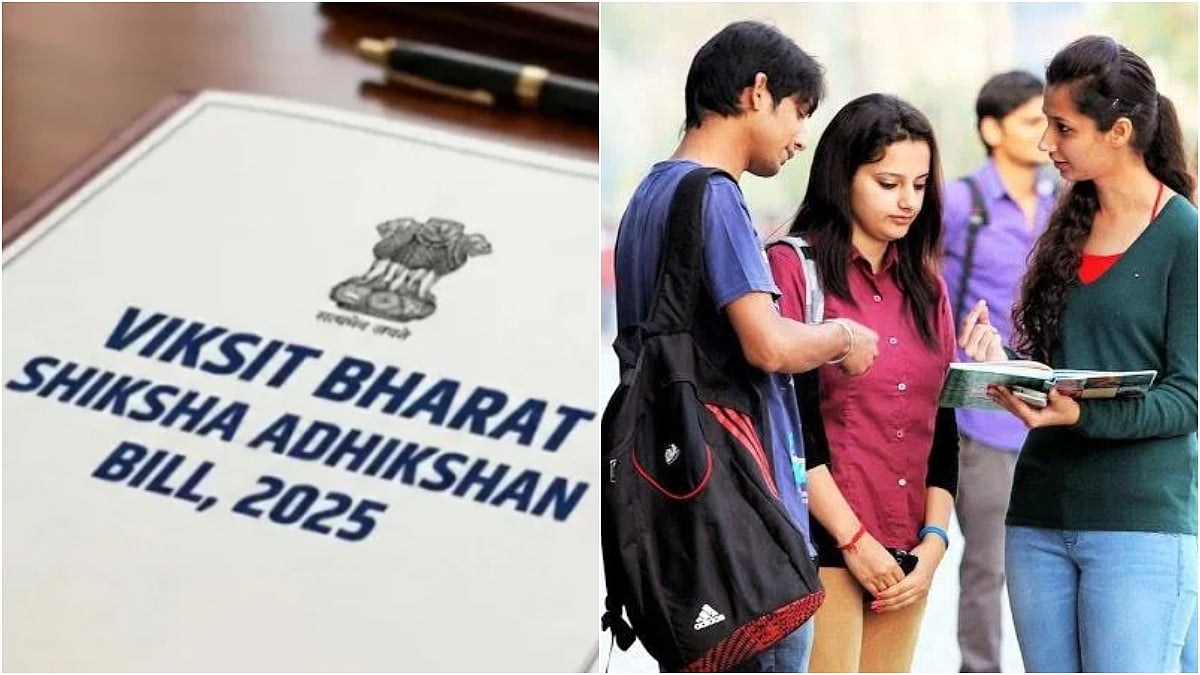Fresh violence erupted between Israel and Hamas, who rule the Gaza Strip, on June 16th. The first spate since the precarious May 21st ceasefire was brokered and the first under the new Israeli coalition government headed by Naftali Bennett, who has literally started off his term with a bang.
However this time it appears that the 11 days of intense violence in May, in the Israel – Gaza region, which killed 12 Israelis and 280 Palestinians of which 67 were children, has resulted in a tide change happening in terms of public mainstream opinion with regards to Palestine in the West. They are beginning to recognize the Palestinian narrative. This is patently obvious in a recent open letter on US media coverage of Palestine, which has already garnered 100s of signatures from journalists.
Excerpts from the letter read, “finding truth and holding the powerful to account are core principles of journalism. Our news industry has abandoned those values in coverage of Israel and Palestine with a narrative that obscures the most fundamental aspects of the story: Israel’s military occupation and its system of apartheid. The evidence of Israel’s systematic oppression of Palestinians is overwhelming and must no longer be sanitized. In April Human Right’s Watch released a report that documented Israeli authorities committing crimes against humanity of apartheid and persecution. Leading Israeli Human Right’s group B’tselem characterized the region as governed by a regime of ethnic supremacy… and we as journalists need to examine whether our coverage reflects that reality”.

Simultaneously there is a growing sentiment amongst Palestinian youth that they should be seen as more than mere statistics and casualties of bombings. An initiative called We Are Not Numbers (www.wearenotnumbers.org) has been started where developing writers from Gaza team up with established authors globally to tell the human stories behind the numbers in the news.
A verse from a poem on the website reads;
“What kind of resistance would you do
if your home was stolen
if your life was merely dough
in the hands of someone else?
Someone who says his God
Promised him your land”
We caught up with an acclaimed Palestinian author, a surgeon who just returned from Gaza and a Palestinian theatre director to get their views on a solution. This is an undiluted Palestinian perspective borne of the daily trials of life under siege and occupation.
The world has been economically, physically and psychologically crippled by intermittent lockdowns in the last year and we have hit our threshold. But if you are a 13-year-old Palestinian child in Gaza you have already lived through 4 wars – you do not know the world outside the siege and you do not know the world beyond the misery of Gaza, the 70 percent unemployment that the siege has led to and the fact that the UN declared Gaza uninhabitable after 2020 because of the lack of basic services due to Israeli imposed restrictions.
Selma Dabbagh is a British Palestinian writer of fiction who lives in London. Her father’s family was expelled from their home in Jaffa in 1948. Selma’s first novel, Out of It, which is set mainly in Gaza was published by Bloomsbury in 2011 and nominated as Guardian Book of the year. She is also a lawyer with an LLM in Human Rights and was invited as a speaker at the renowned Jaipur Lit Fest in 2012.

Selma Dabbagh is a British-Palestinian writer of fiction who lives in London | Susannah Baker Smith
You are one of 15,000 signatories to a recent petition called ‘Against Apartheid’. It states, ‘to frame this as a war between two equal sides is misleading. Israel is the colonizing power. Palestine is colonized. This is not a conflict: This is Apartheid’. Please elaborate?
Inequity runs through every part of the area that was former Palestine. It’s a two- tier system. The legal system is also two- tier. If you talk to Israeli lawyers who work with Palestinians they’ll tell you that you have a wonderful system of law if you’re Jewish but if you’re not Jewish it’s a completely different matter. It’s military law, which allows things like administrative detention. You can pick someone up and detain them without giving any reason. Most of the Palestinian male population has been picked up at some point in their lives.
Are Palestinian art and literature impacted by occupation and expansion of Israeli settlements in the West Bank and the siege in Gaza?
With Palestinian literature there’s a presumption that you should be political. We don’t have a military, or strong politicians but what we have is international law and a strong moral story. Palestinian cinema is developing quickly. A big triumph was The Present, which won a Bafta this year for best short film in the UK. It’s about the checkpoint situation in the West Bank. There’s a lot of short form writing. Collections like The Book of Gaza and Book of Ramallah. There’s a Palestinian festival of literature, which brings writers from all over the world together with Palestinian writers. Instead of having one location and everyone coming to you because of all the checkpoints and restrictions, that festival moves to different areas within the West Bank. I can’t underscore enough how difficult freedom of movement in the West Bank has become in the last 20 years. The permit system is so complicated. The West bank is splintered. Identity is becoming smaller and smaller. People can only relate to their village and town.
One artistic project I was involved in was Palestinian writers writing short stories set in the future – 2048. I found it depressing that people were still seeing there as being a siege in Gaza in 2048. Myself included. If the artist is blocked in terms of not being able to visualize a better future then where is it going to come from?
My book Out of It, looks at how young kids deal with being in an environment where the peer pressure to politically engage is very strong.
In a recent article you’ve written about the postwar international legal order, which was designed to prevent the horrors of the Holocaust happening again, and about Jewish immigrants who escaped the Nazis in Poland and supported ultra right wing groups in Israel. As a lawyer do you feel International law has benefitted the Palestinians at all?
All of the issues in Sheikh Jarrah (neighbourhood in East Jerusalem from where Israelis want to “evict” Palestinian families) are quite clearly covered by the Geneva Convention. This is occupied territory and it shouldn’t be transferred into the hands of the occupier. Since around the 90s a lot of these legal mechanisms have been discredited. We need a higher level of enforcement. It’s ironic when a lot of these systems were put in place to make sure nothing like the holocaust would ever happen again. Laws to prevent genocide, torture and land expropriation. There needs to be a support for UN bodies and their assessment of these situations.
In psychoanalytical terms there are two main responses to trauma. One of them is rehabilitation and the other is reenactments. That’s the issue here we are getting a lot of reenactment. A lot of the visuals of the way the Israeli occupation is are very similar to the kind of policing that you had in Europe during the Second World War.
There needs to be greater human rights provisions in American foreign policy when it comes to Israel. There can’t be a great exception anymore because of the nature of the holocaust.
India supports a 2 state solution to the Israel – Palestine issue. What’s your view?
I believe you shouldn’t have rights to land because of the religion you were born with rather than your connection to that land. I am in favour of a One State Solution. You have to reconfigure everything and challenge the way Israelis talk about Palestinians. It starts with a desire to heal rather than make a population disappear. An interesting thing with our sci fi collections is that Palestinian works all featured the Israelis in some way or form but in the Israeli sci fi collection, Palestinians don’t figure at all. We see them but they don’t see us.
Dr Ghassan Abu Sitta Is a plastic surgeon specializing in reconstructing war injuries. Based in the UK, he has worked in Gaza during the two intifadas and 4 wars including the recent one this May where he worked at the Shifa and Al Awda Hospitals in Gaza city, in a special limb reconstruction unit that he helped set up. His family became refugees in the Gaza strip after being expelled from Palestine in 1948. He grew up in Kuwait.

You just returned from Gaza on June 1st. What was your experience this time?
Every war has signature injuries that differentiate it. With this war an overwhelming majority were wounded when their homes were targeted. They were crushed and buried in the rubbles of their home. Most were crush injuries damaging soft tissue and bones. It’s a complex reconstructive challenge. I was doing between 5 and 8 cases a day for the duration of my 2-week stay.
Did the war have an impact on Gaza’s Covid situation?
The Head of internal medicine who was the Head of Covid response at Shifa hospital was killed with his whole extended family. They all lived in the same building.
The Israelis also targeted the main RTPCR testing lab and destroyed it. One of the doctors is still in intensive care. From the beginning Israel has weaponized the pandemic to use against the Palestinians. They denied them RTPCR tests and limited it to bare minimum. Denied them vaccinations. Initially, they said they weren’t responsible for providing vaccinations. Even though under international law they were. When Russia offered vaccinations, Israel intercepted batches of vaccines to Gaza.
What is life in Gaza like under Israeli siege?
Gaza is 85 percent refugees who were expelled from their villages in mandate Palestine in 1948. Israel disengaged in 2005 but it turned into a redeployment.
Last 16 years Gaza is in a state of permanent siege. Since the first intifada in 1989 quarter of a million of Gaza’s population have been killed or wounded by the Israeli army.
There are severe restrictions. 40 percent of cancer patients who need permits to leave Gaza for treatment are denied. Which means it’s a death sentence effectively.
Part of the siege is calorie counting, Israel decides how many calories each Palestinian in Gaza should be allowed in. They allow just enough to keep people above catastrophe but not enough to lead a normal and fulfilled life. At the heart of this siege are these cyclical wars. The Israeli military leaders call it - mowing the lawn.
What about the argument that Israel’s strikes on Gaza are justified because of Hamas’s rocket firing?
You can’t equate home made rockets and the strongest army outside NATO. Hamas was formed in 88. This has been happening well before Hamas came. Somehow that this is a conflict between Hamas and the Israelis is a reductionist approach. It’s not based on any historical narrative. Israel is the dominant colonial power that on a daily basis commits violence against the Palestinians. It has imprisoned over 600 Palestinian children under age of 16 as political prisoners. Violence in settler colonialism is an everyday violence. The everydayness does not register in daily media until there’s war. Israel forces Palestinians to tear down their houses in Jerusalem and the West Bank themselves. There’s killing at checkpoints. An Israeli Human rights organization says it’s useless to engage with Israeli courts when it comes to Palestinians. If an Israeli settler or soldier kills a Palestinian civilian they will never be punished. Israelis have been so emboldened by blind American and European support. They were planning to effectively ethnically cleanse a whole neighborhood in Jerusalem (Sheikh Jarrah).
What is the One State Solution that you support?
So it is effectively a South African solution. In order to de colonize the relationship between Palestinians and Israelis you create a state where citizens are equal regardless of religion and ethnic background, and the shackles of that colonial history begin to unravel. It’s the only way forward for a conflict that has been going on for almost 75 years and is exactly where it was in 1948. There is no other feasible solution because we know from history that the logic of settler colonialism is the elimination of the native. They use the same religious rhetoric. Europeans who went to north America and wiped out indigenous populations there thought that God had ordained that land and they were there to redeem it. Unless you create a different political structure that is not based on settler colonialism but is based on citizenry, you are not going to escape that trap.
Ahmed Masoud is an award winning Palestinian writer and theatre director. He grew up in the Gaza Strip before moving to the UK in 2002. He returns often to visit his 7 siblings and parents who continue to live in Gaza. He is the author of Vanished – The Mysterious Disappearance of Mustafa Ouda.

Ahmed Masoud is an award winning Palestinian writer and theatre director |
What was your family’s experience during the war in May?
It was a very scary experience. A living hell. One night I spoke to my sister in the middle of the night. I could hear bombs falling all around her. She was crying.
Often they had to go on the streets because it was safer. I would be waiting to get news. The bombing was very random. They attacked a lot of residential buildings, hospitals, schools, lots of civilian areas.
Tell us about the Palestinian Art Collective you are setting up?
We don’t talk enough about Gaza. We only talk about it when something happens. I want to create a collective of artists and writers who can come together and create content about the human rights issue and what it means to be a Palestinian in Gaza.
It will also be a facilitator for people in Gaza and Palestine to be able to write and publish something. We will connect them to filmmakers, theatre directors. All you think about Gaza is conflict and bombs. I want to challenge that.
What are the main challenges of daily life in Gaza?
The biggest challenge there is electricity. You only get electricity for 3 to 4 hours a day maximum. You plan your whole day around that such as washing, ironing, charging your devices etc. There’s one power station in Gaza, which operates at a low capacity. The other problem is that we need fuel and we get a very limited amount. There’s also shortage of medical supplies etc. It depends on what Israel allows.
Do you support a One State Solution?
Yes, I prefer a One State Solution. Everyone lives on that land, has equal rights and treated equally. I don’t care what they call it – whether Israel or Palestine. I care about human rights. Everyone has the right to live with dignity. Israel has the power to make this work more than us. The two state solution is dead, it was born dead. It didn’t ensure equal rights. We can’t carry on like this. Most Palestinians want a One State Solution.

